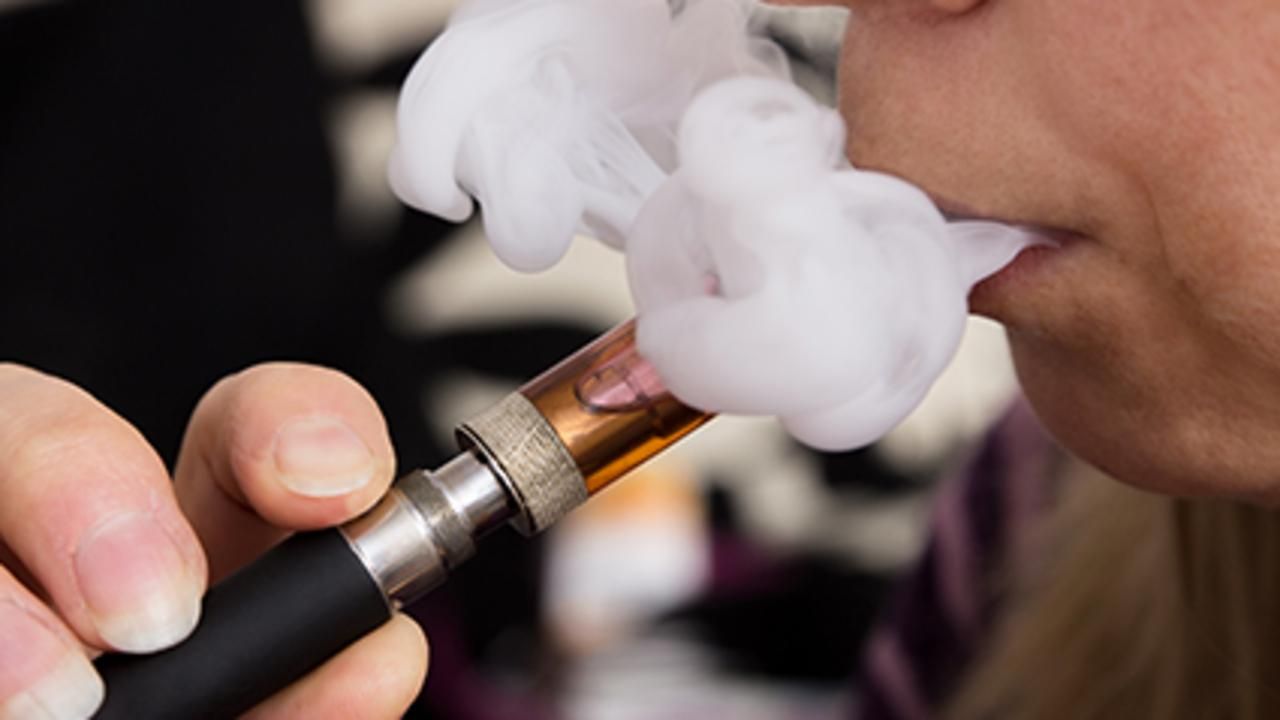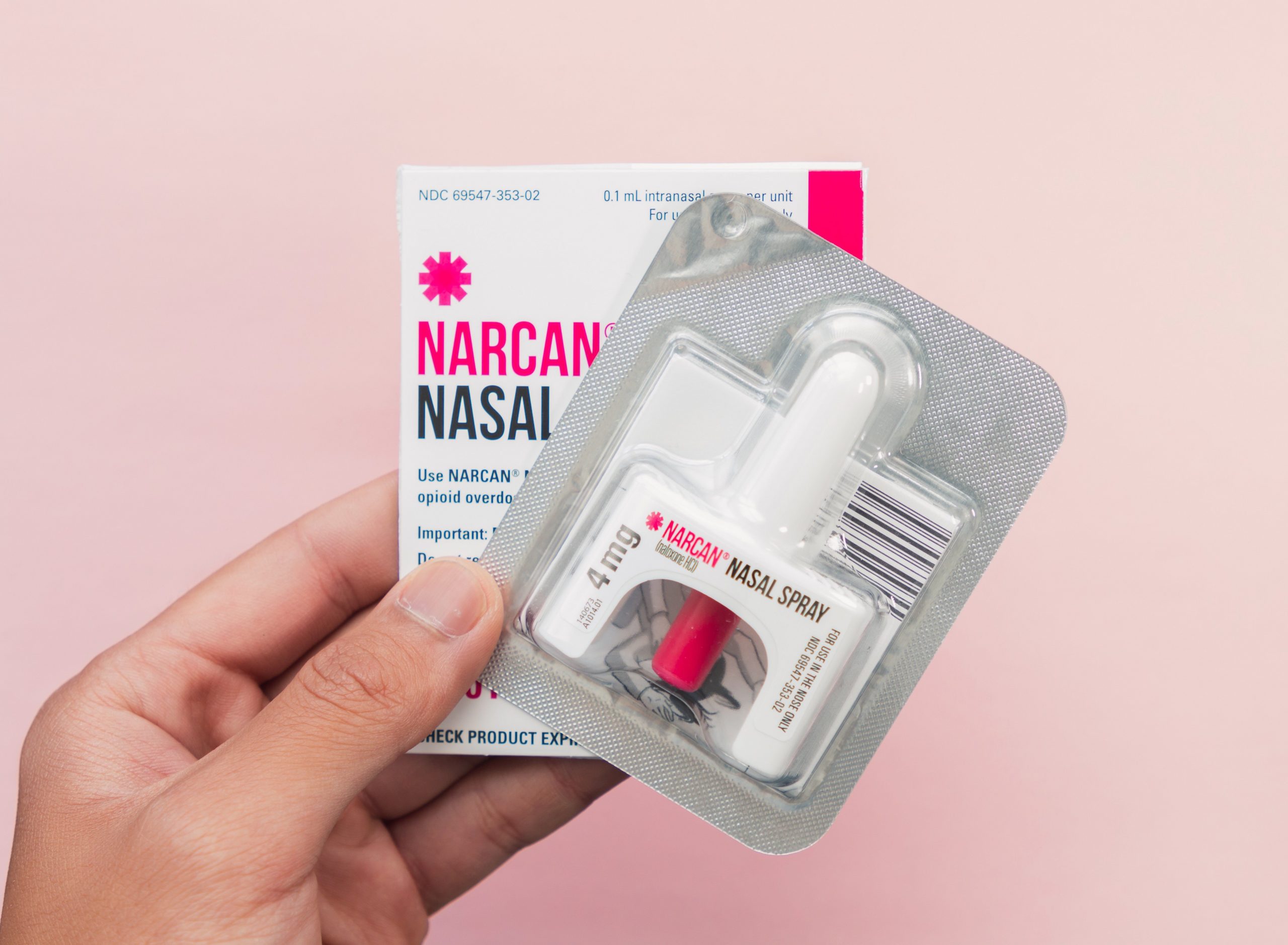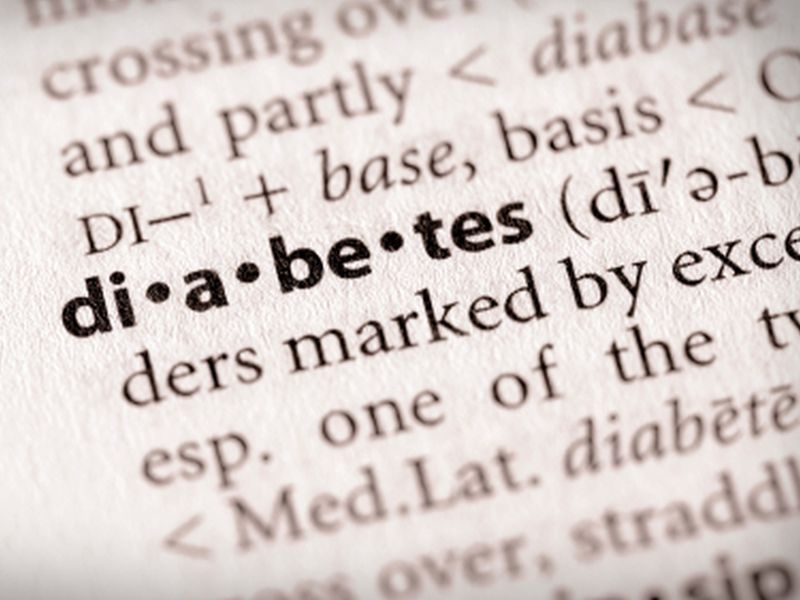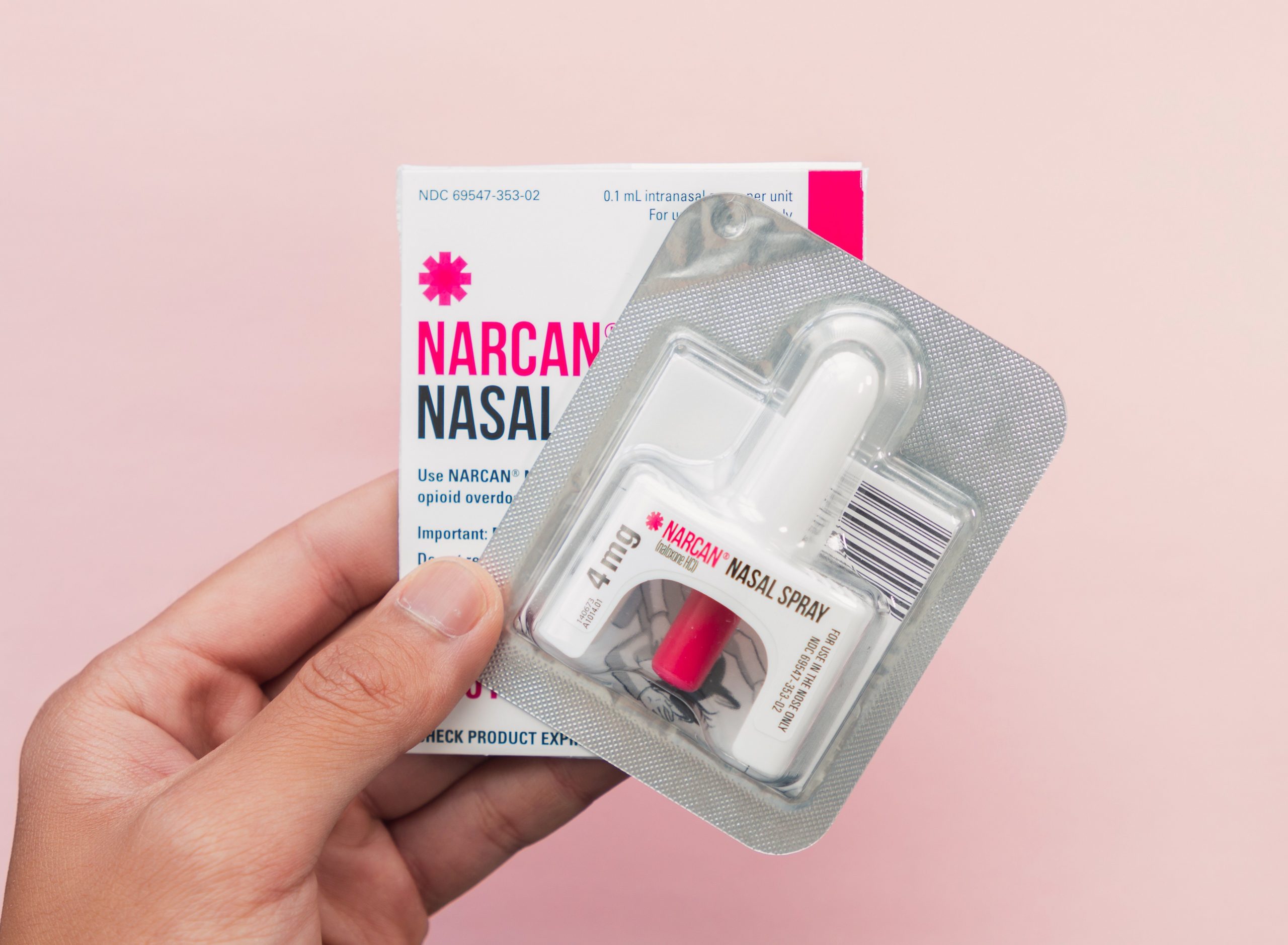
THURSDAY, Feb. 16, 2023 (American Heart Association News) — A quarter-century ago, the foundations were laid for the Jackson Heart Study, one of the most significant research efforts in the history of heart health. As the largest single-site study of Black people’s heart health ever undertaken, it would eventually spawn more than 800 scientific papers… read on > read on >






























